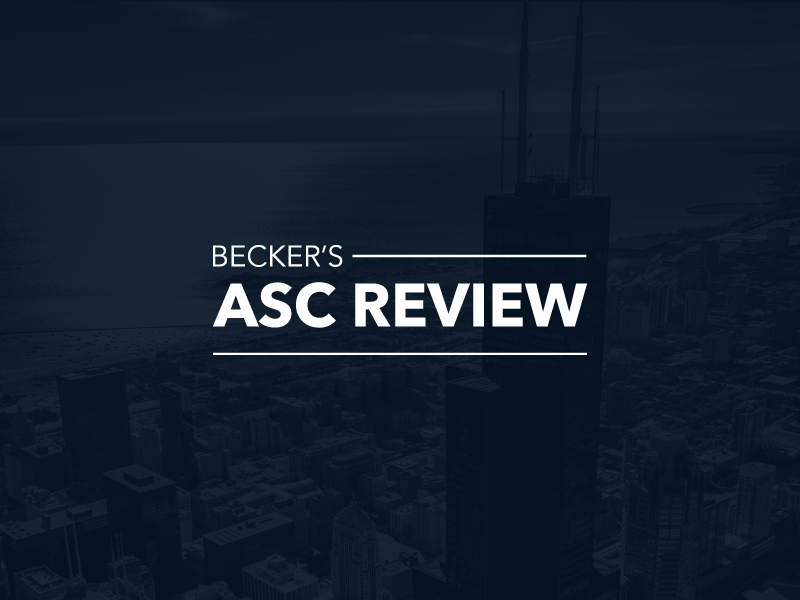- Joined
- Mar 13, 2013
- Messages
- 2,542
- Reaction score
- 4,260
I'm not a millennial. I would not change anything about my life and how this has gone.
Psychiatry is doing very well. You can see that or get afraid of the future. What more could you possibly need to be encouraged to see a positive future? In my experience, I have been impressed with how much applicant's resistance to embrace of psychiatry has been driven by parental expectations. I get that, but you are on the edge of making the right or wrong decision.
Be selfish and do something for you and go for psychiatry. I get that this is a psychiatry forum so it is biased. I was fortunate not to have such bias. I have many psychiatrists in my family, but you can do well in psychiatry. You will make enough income to support your loved ones and be happy with your work life. Residency still sucks, but the outcome is still worth the pain. See the last three years as an opportunity and the world can be your ouster.
You don't know me, but I do want to give you good advice and I have done this for a long time and have some credibility in my narrow view. Don't go into psychiatry if you don't like it, but do go into it if you do despite your relative's criticisms of not being a real doctor. It is fun, and it does remain interesting, and it rocks.
Me
Psychiatry is doing very well. You can see that or get afraid of the future. What more could you possibly need to be encouraged to see a positive future? In my experience, I have been impressed with how much applicant's resistance to embrace of psychiatry has been driven by parental expectations. I get that, but you are on the edge of making the right or wrong decision.
Be selfish and do something for you and go for psychiatry. I get that this is a psychiatry forum so it is biased. I was fortunate not to have such bias. I have many psychiatrists in my family, but you can do well in psychiatry. You will make enough income to support your loved ones and be happy with your work life. Residency still sucks, but the outcome is still worth the pain. See the last three years as an opportunity and the world can be your ouster.
You don't know me, but I do want to give you good advice and I have done this for a long time and have some credibility in my narrow view. Don't go into psychiatry if you don't like it, but do go into it if you do despite your relative's criticisms of not being a real doctor. It is fun, and it does remain interesting, and it rocks.
Me

